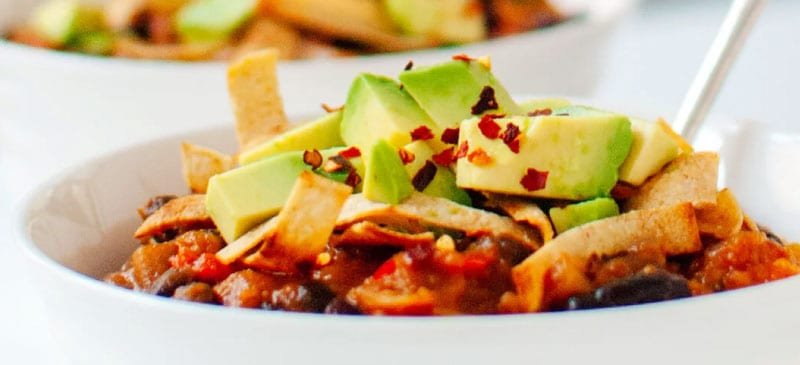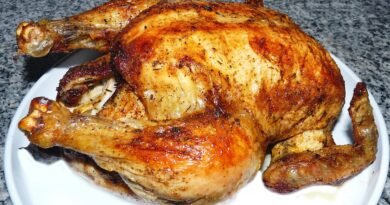Wine Cooking: FAQs Answered
Wine doesn’t only make an exceptional complement to your meal, it can also be used to cook up an exceptional meal itself! No respectable chef would ever allow his or her kitchen to run out of wine for cooking. Wine is an integral part of French and Chinese cooking, and it is also the basis for good marinating and barbecues. It finds good company in the kitchen with vinegar, fish paste, and soy sauce, which all lend a tangy flavor to all sorts of dishes.
Many are hesitant to use wine in cooking because of the many questions they may have. Here are a few answers to the questions that most people want to know when using wine in cooking:
1. Does Wine Quality Affect Your Cooking?
Whether you use normal wine or a quality wine for your cooking doesn’t make a significant difference in the flavor of your dishes. Save your quality wine for sipping and use the regular wine for cooking. Cooking wines often have additional substances like salt and preservatives, but for best results, choose the same type of wine you’d enjoy drinking.
2. Can Wine Make Me or My Kids Tipsy?
It depends on how you cook your dishes. Alcohol in the wine evaporates at 172 degrees Fahrenheit. Also, you will never add too much wine to any dish, so it is very unlikely that any wine-fortified dish can make you tipsy. This allows anyone—even those who do not drink wine for religious and personal reasons—to use it in their cooking without concerns.
3. Can Too Much Wine Ruin a Dish’s Flavor?
You will have to proceed carefully when working with wine, as it adds a powerful flavor to any dish. Generally, follow recipes until you get the hang of using wine. You will then be able to add or lessen the wine you use for a certain recipe. Make sure you allow the wine to cook a bit before adding more to a dish. It usually takes 10 minutes for it to exhibit its full flavor. Less is more when initially experimenting with wine.
4. What is the Difference Between Cooking Wine and Regular Wine?
Cooking wine has salt and chemicals added, which make them unfit for drinking. While it is reported to be better for cooking, you may want to steer clear of using it unless the recipe specifically calls for it. This is more common in Chinese recipes. Regular wine is preferable for most cooking as it provides a cleaner and purer flavor.
In summary, cooking with wine can elevate your dishes to new heights. The key things to remember are to use a regular wine of your preference, be cautious with the quantity, and allow the wine to cook properly to integrate its flavors fully. Happy cooking!




